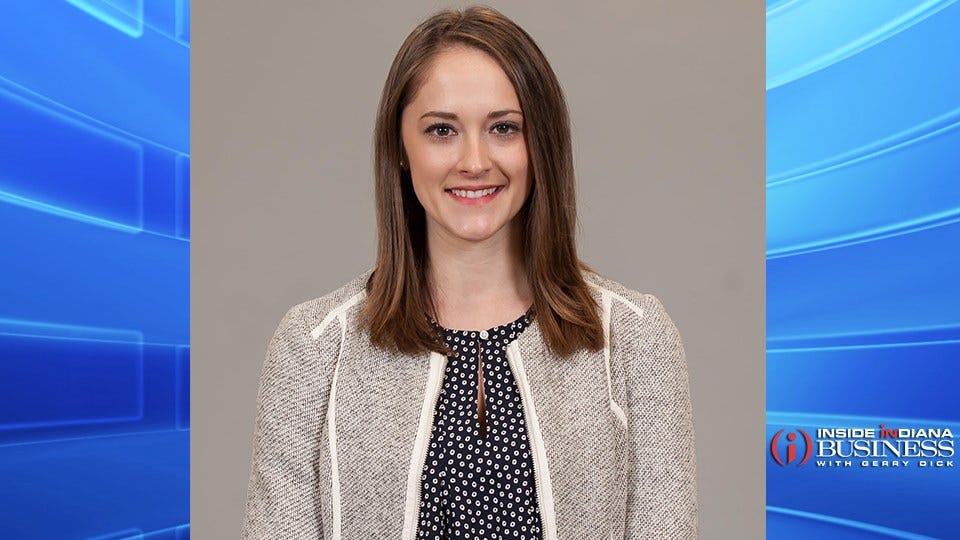COVID-19: Impact on Student Loans & 529 Plans

Subscriber Benefit
As a subscriber you can listen to articles at work, in the car, or while you work out. Subscribe NowWhether you are a current or former college student with school loans, you have financial decisions to make due to the COVID-19 pandemic. The recently passed CARES Act provides relief for federal student loan borrowers, but you may need to quickly pay back your 529 plan for any refunds received for college expenses.
Federal Student Loan Borrowers
Thanks to the CARES Act, payments are temporarily suspended for federal student loan borrowers with direct loans or parent PLUS loans. Regardless of your federal student loan servicer (likely Nelnet, Navient, Great Lakes, or FedLoan), you should have received communication that your loans are now in “forbearance” until September 30, 2020.
What does forbearance mean? Borrowers of direct federal loans are not required to make payments for the next six months. Additionally, the interest rate on these federal loans is set at 0% until the forbearance period is over. No interest will accrue over this period. If you have automatic payments set up, your student loan servicer has likely already changed your next payment to debit after September 30. And, if you made a payment after March 13, 2020, you can request a refund from your loan servicer.
For those hoping to eventually have federal loans forgiven through the Public Service Loan Forgiveness (PSLF) program – don’t be worried. If you continue working full-time for a qualifying employer during the forbearance period, you will continue to receive credit toward PSLF throughout the period as if you made on-time payments.
If your federal student loans are currently in default, the CARES Act stipulates all collection efforts such as wage, tax refund, and Social Security benefit garnishment will be paused until September 30. Private collection agencies contracted through the U.S. Department of Education have also been instructed to cease collection calls during this time.
Unfortunately, private student loans are not eligible for the same forbearance provisions. If you have private loans and would benefit from assistance during this time, contact your loan servicer directly. Some private loan servicers are offering options due to the pandemic.
Loan Repayment Strategy
Should you continue making payments on your federal student loan debt during forbearance if you are able? It depends. Start with answering these questions, in order:
Do you have an emergency fund established with 3 to 6 months of living expenses?
- If the answer is no, redirect student loan payments towards building your emergency fund first.
Do you have other outstanding debt with higher interest rates than your federal student loans (think credit card debt, car loans, etc.)?
- If the answer is yes, redirect student loan payments towards paying off higher interest debt first.
Do you have an established emergency fund and all other outstanding debt has a lower interest rate than your federal college loans?
- If the answer is yes, there are definite benefits to continuing to repay your federal student loan debt.
Why keep paying your student loans? Since federal student loan debt will not accrue any interest during the six-month forbearance period, the full payment made during this time will be applied directly towards the principal. This strategy will allow you to pay down your principal balance at a quicker speed. If you want to continue making payments, you will need to contact your federal student loan servicer directly and make the payments manually via your online account.
529 Plans: Tuition, Room and Board Refunds
Since many campuses across America closed for the spring semester due to coronavirus concerns, universities and vocational schools have switched to online learning or canceled classes completely. Because of this, many students and parents may receive partial or full refunds of any money previously paid for tuition, room, and board for the current semester.
Families that distributed funds from 529 plans to cover these expenses have 60 days to re-contribute any refunded payments made from 529 plans. If refunded 529 plan monies are not re-contributed, income taxes and a 10% penalty could potentially be owed on the refunded amount.
Summary
Do you have more questions on the intricacies of the CARES Act federal student loan forbearance? If so, visit: studentaid.gov/coronavirus.
If you are fortunate enough to continue making payments on your federal student loan debt, make sure your emergency fund is established, and your higher-interest debt is paid off first. Lastly, for families with college students and 529 plans, pay attention to those refunds! You have 60 days to re-contribute and avoid taxes and penalties.
Abby VanDerHeyden is a Wealth Advisor & GenerationNext Team Leader with Bedel Financial Consulting, Inc., a wealth management firm located in Indianapolis. For more information, visit their website at or email Abby.
